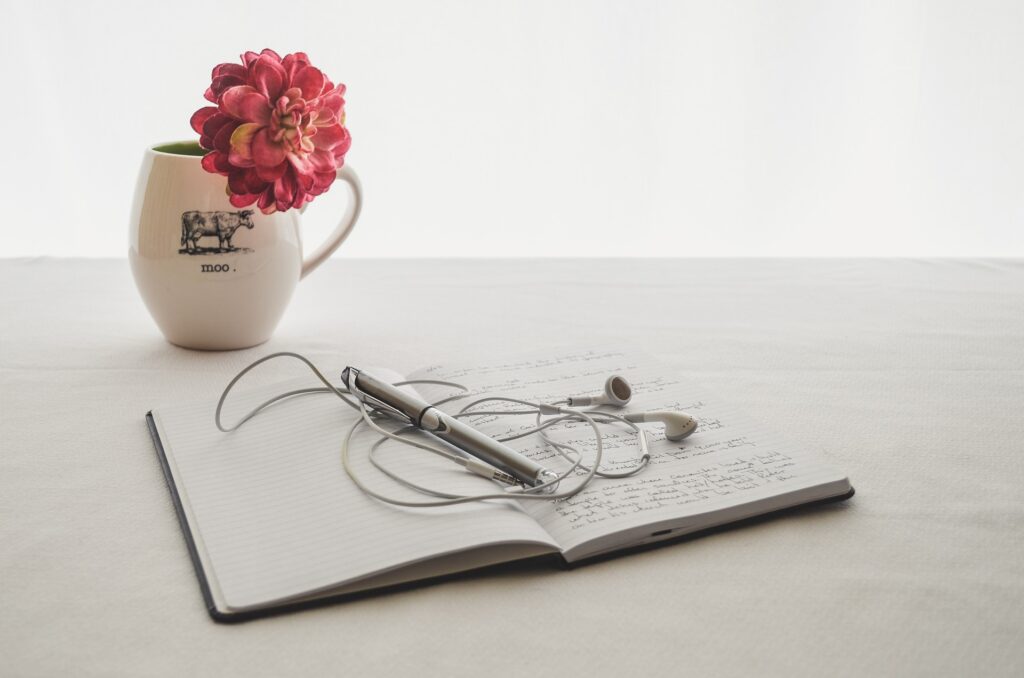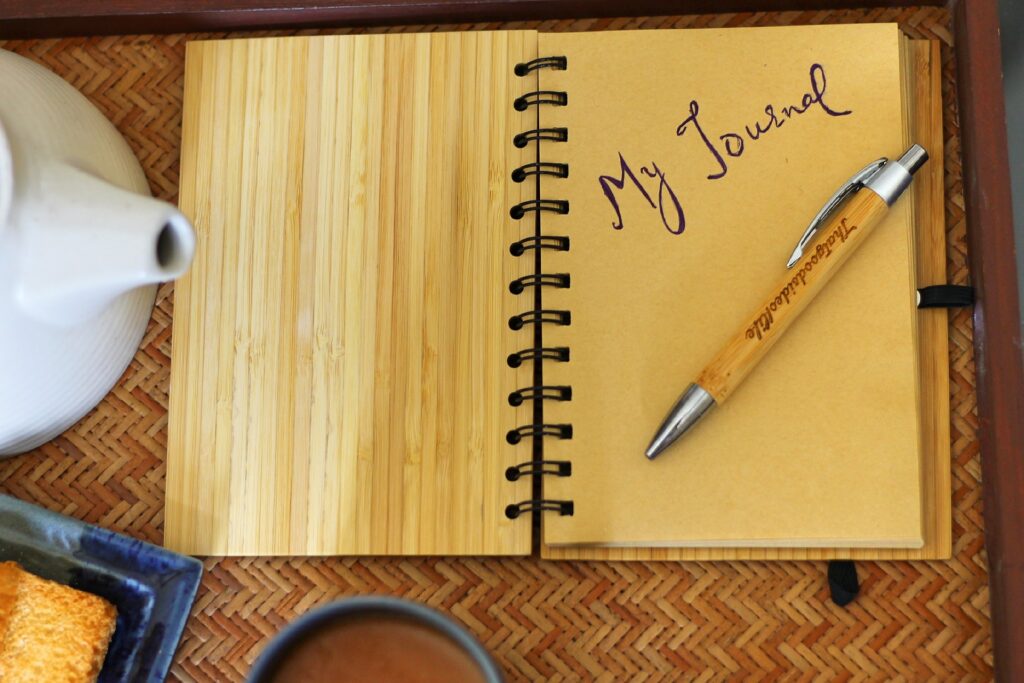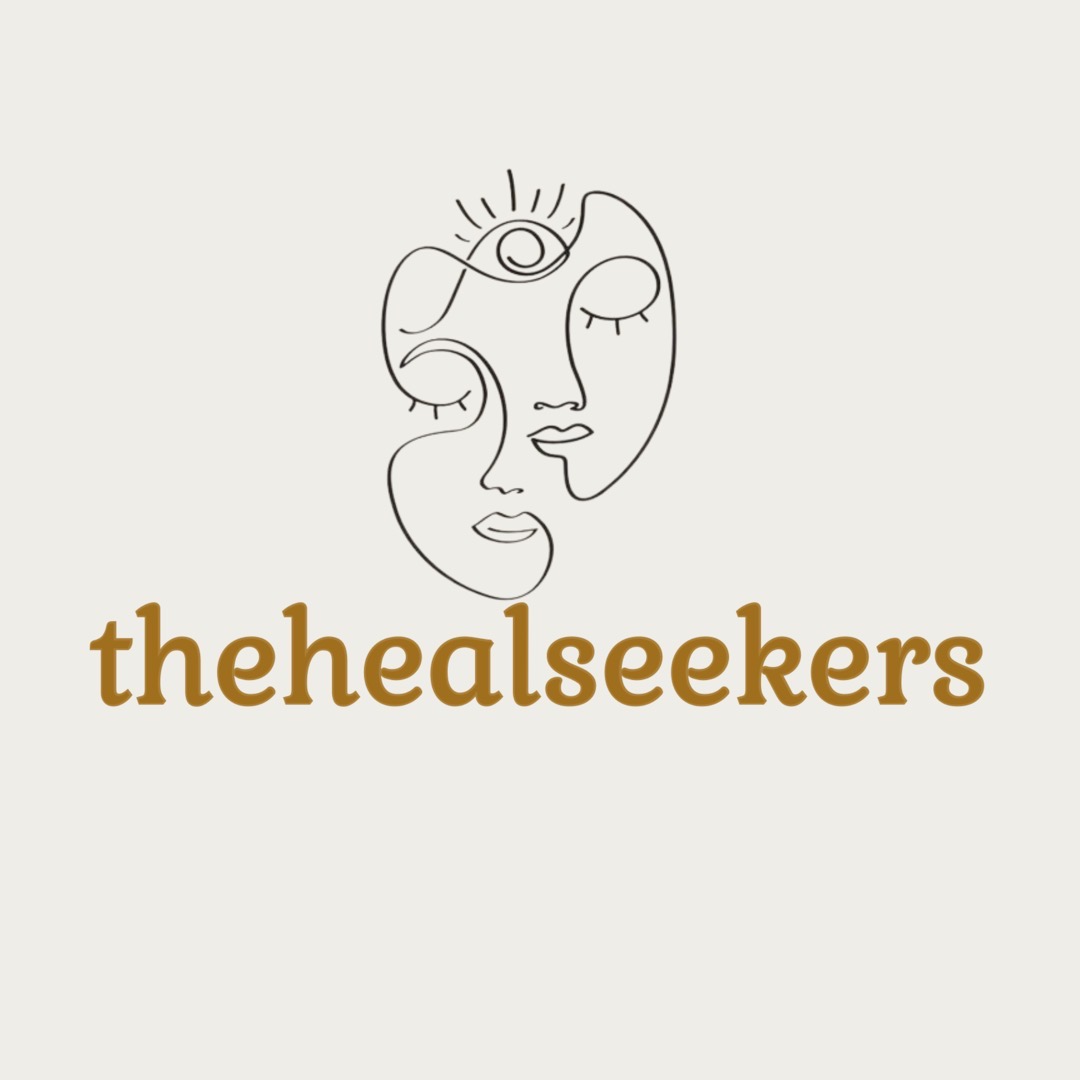Do you recall the time in your life when you kept a diary as a teenager?
If so, you probably remember the therapeutic benefits the diary afforded you.
You had an avenue where you could write about your daydreams, desires, and anxieties, and vent about the negative emotions you were experiencing instead of suppressing them.
As you might know by now, being an adult comes with its own unique set of challenges, anxieties, and stresses which might have kept you busy, and you ended up dropping the journaling habit.
If that’s the case, in this blog, I discuss some of the life-transforming benefits of journaling that might get you to pick up a book and pen and start journaling again.
But before I begin, I think it’s important to start with the basics: what is journaling?
Journaling is when you write down what you are thinking, feeling, or experiencing.
This practice offers some therapeutic benefits that can decrease anxiety and stress and help you get a clearer perspective on any challenge you might be facing.
Journaling can be done in a book, or digitally using any app from the plethora of online journaling apps, or you can use both.
Because we tend to type faster than we write, journaling digitally might be a less contemplative method that leaves no room for reflective thinking.
However, what matters is that you use the most effective method for you.
Now let’s get into some of the life-transforming benefits of journaling.

1. Journaling helps with emotional regulation.
One of the healthy ways to express yourself when feeling overwhelmed by strong emotions is through journaling.
You might think that bottling up your feelings will help them go away but that is not true.
When it comes to controlling your feelings, the key is regulation and not suppression.
Regulating your emotions is understanding that you have strong feelings and knowing how to handle them healthily.
Writing down how you’re feeling and describing it in detail is one of the many healthy ways you can handle your strong emotions and it can be very cathartic.
This emotional confrontation through journaling will help reduce your stress and tensions and help you become better at emotionally regulating yourself.
Over time you’ll cultivate equanimity and build emotional strength.
2. Journaling helps to unlock creativity.
In her book: The artist’s way, Julia Cameron introduced the world to the concept of morning pages.
This is when you wake up in the morning, get a journal, and complete three pages of longhand stream-of-consciousness writing.
You just write whatever comes to mind whether it’s the goals you have for the day, your dreams from the night, certain worries that you have, or really anything!
Morning pages can help clear your mind of any stresses that might be taking up your mental space and blocking your creative thinking.
For this to be effective and serve its purpose, you need to be authentic when writing; don’t censor yourself.
It’s also important not to get hung up on this practice being of any value; it might not be.
You’re not in the process of consciously creating something, you’re just cleansing your mind.
However, in some instances, while writing, you might inadvertently come up with some brilliant insights and ideas and this is the real value of this ritual.
It is almost like someone is giving you advice, maybe it’s your subconscious.

3. Journaling offers clarity when facing a challenge.
There is something magical about writing down a problem.
It is almost as though in the very act of writing what is wrong, you start to discover ways of making it right.
Perhaps the source of this magic lies in the objective perspective that writing affords you.
Writing down all the details of your problem impartially without any judgment as opposed to mentally pondering it, creates a space between you and the problem.
It is within this space that solutions have room to grow.
Sometimes your imagination can tend to provide you with distorted information about an issue.
In writing, however, you become more factual, more accurate, and more realistic, and then as you re-read, you create a new picture in your mind to replace the distorted picture we’ve been working with.
And once you see things the way they are and not how you think they are, you begin to get clear on your way around the issue.
4. Journaling helps with reflecting on life.
Aristotle once said that wisdom, which is the greatest of all human beings’ desires, is the ability to make good decisions and combines experience and reflection.
Journaling about your life experiences will provide you with a catalog that clearly shows when and where things went wrong or right in your life.
This will help you connect the dots in your life experiences, and you’ll become more self-aware which in turn helps you make better choices.
As you journal about your life experiences, ask yourself questions like: what does that experience mean to me? What can I learn from it?
For example, every time you face a challenge or setback, dissect it and learn everything possible from it.
Try to develop general principles from each setback; look for the valuable lesson that you can learn.
This will save you from repeating the same mistakes and trust me -you will continue to experience the same situations in life until you learn your lesson. This is a universal law.
Marcus Aurelius: a Roman Emperor and a stoic kept journals of his life reflections which were all combined into the famous book: Meditations by Marcus Aurelius.
If an emperor could journal, why not you?

5. Journaling boosts productivity.
Productivity is using your time effectively.
When you list down all the things you have to do on paper and then organize them in terms of their priority, this allows you to design the flow of your day.
It also helps you hone down on the areas you want to spend your time on.
Sometimes it’s hard to focus on your work when you have unnecessary thoughts, fears, and concerns running through your mind.
Journaling can provide the mental declutter you need to concentrate on your work.
I recently went through something that was making me feel bogged down and I couldn’t even focus on work as my mind was hyperactive.
In a desperate attempt to quiet it down, I got a journal and began to write down everything I was thinking and feeling.
After I’d written down everything that was in my head, the most incredible thing happened: I felt better.
My mind was not running a mile a minute; it felt lighter.
I could now start my day and fully concentrate on my work because I felt like I had taken an emotional load off me.
So, journaling can boost your productivity.
6. Journaling solidifies ideas.
When an idea initially pops up in your mind, it’s vague and abstract.
However, as you write down the different components of the idea, it begins to take shape, from an implicit vague form to an explicit solid form.
Also, writing down all your ideas provides you with a source of inspiration.
When you’re having a cognitive block but want to get creative, all you have to do is check the list of your many ideas and select which one to use.
I’ve found that having a small portable idea book that you can carry around in your bag is great practice.
Because sometimes when you’re pondering on a solution to a challenge you’re facing, the ideas might not come to you there, and then; they might come while you’re in line at a bank.
In that case, you just pick your idea book from your bag and write down the idea before it eludes you.
And you can always have access to it when inspiration hits.
Conclusion
If it’s your first time journaling and you feel stuck and don’t know what to write about, try setting your intention first.
It could be that you want to vent about something bothering you, record an important event that happened, maybe you want to write down your life goals, or even just document your personal growth.
These intentions will make it easier for you to get that book and pen and start writing.
It is important to note that when it comes to journaling, there is no right or wrong way to do it; there are no hard fast rules.
Journal in a way that is beneficial for you.

- Hey there! Welcome to thehealseekers, a space dedicated to helping women explore metaphysics, psychology, and self-development as tools for clarity, purpose, and goal achievement. I hope you find inspiration here.
Latest Post
 Self-developmentJanuary 30, 2026What to Do When Your Career Looks Right on Paper But Feels Wrong Inside
Self-developmentJanuary 30, 2026What to Do When Your Career Looks Right on Paper But Feels Wrong Inside Self-developmentJanuary 30, 2026You Have an Attention Problem, and It’s Costing You Your Goals
Self-developmentJanuary 30, 2026You Have an Attention Problem, and It’s Costing You Your Goals Self-developmentJanuary 24, 2026How to Turn Your ‘Impossible’ Desires Into Reality
Self-developmentJanuary 24, 2026How to Turn Your ‘Impossible’ Desires Into Reality Self-developmentJanuary 24, 2026Busy Doesn’t Mean Winning
Self-developmentJanuary 24, 2026Busy Doesn’t Mean Winning
